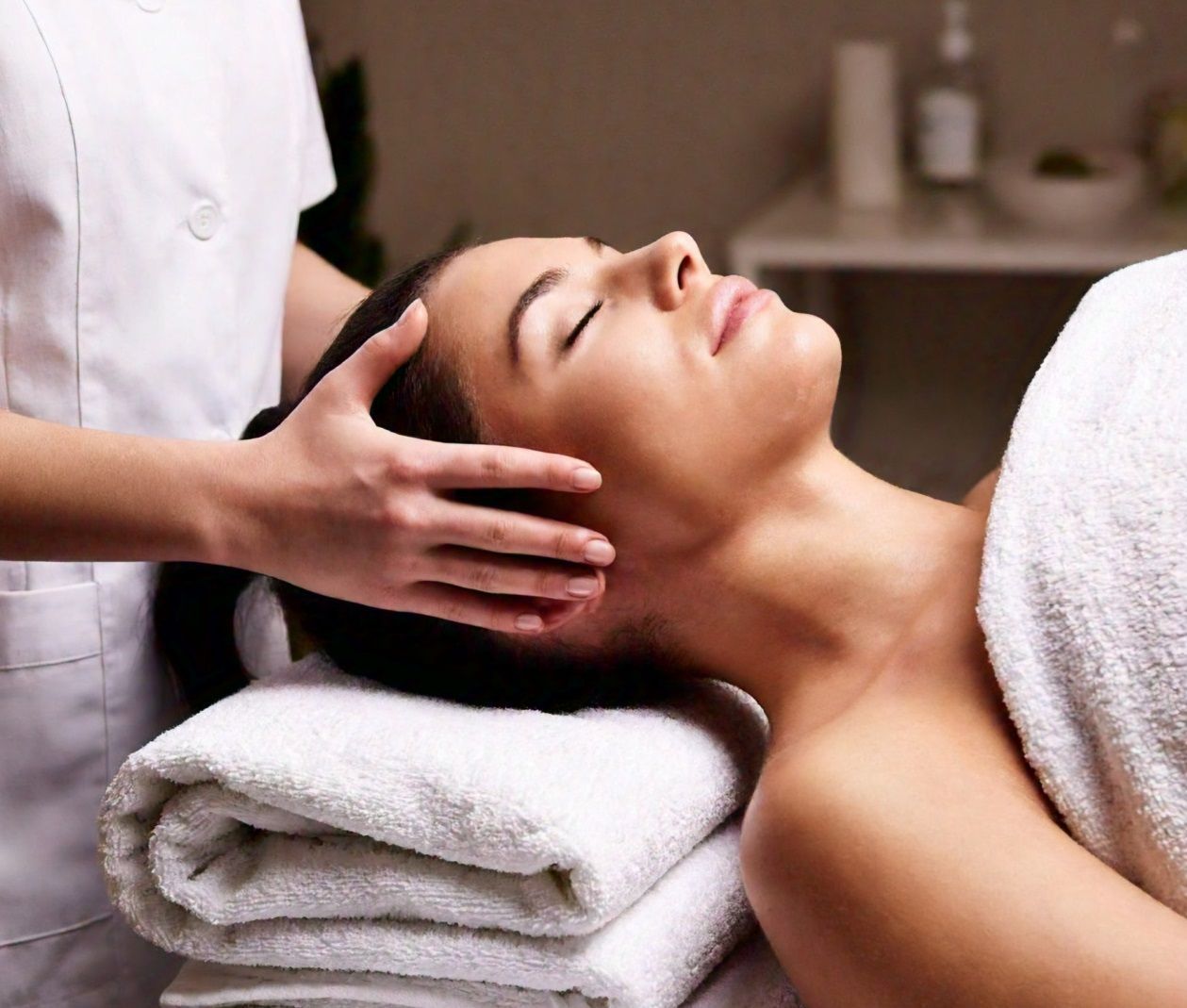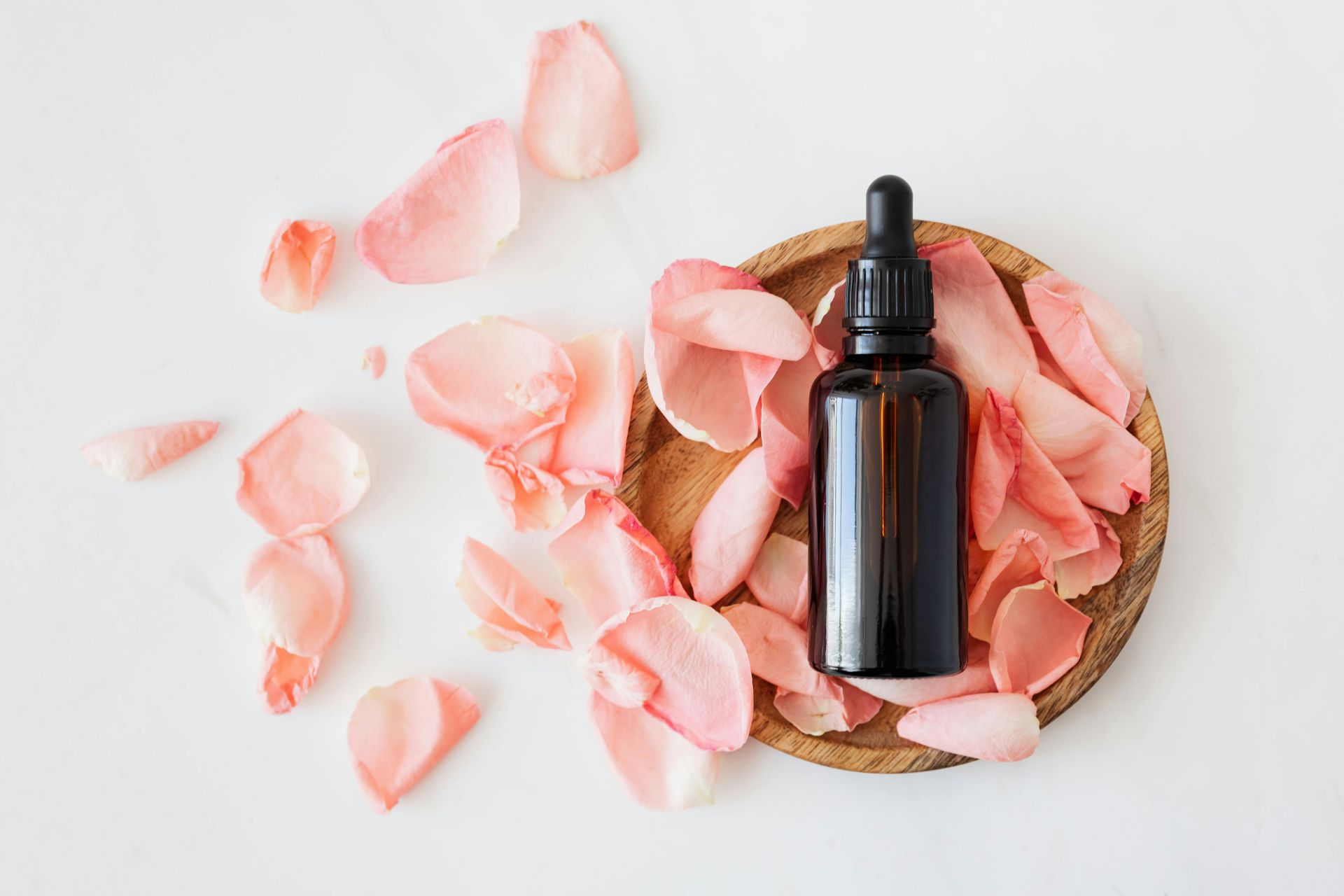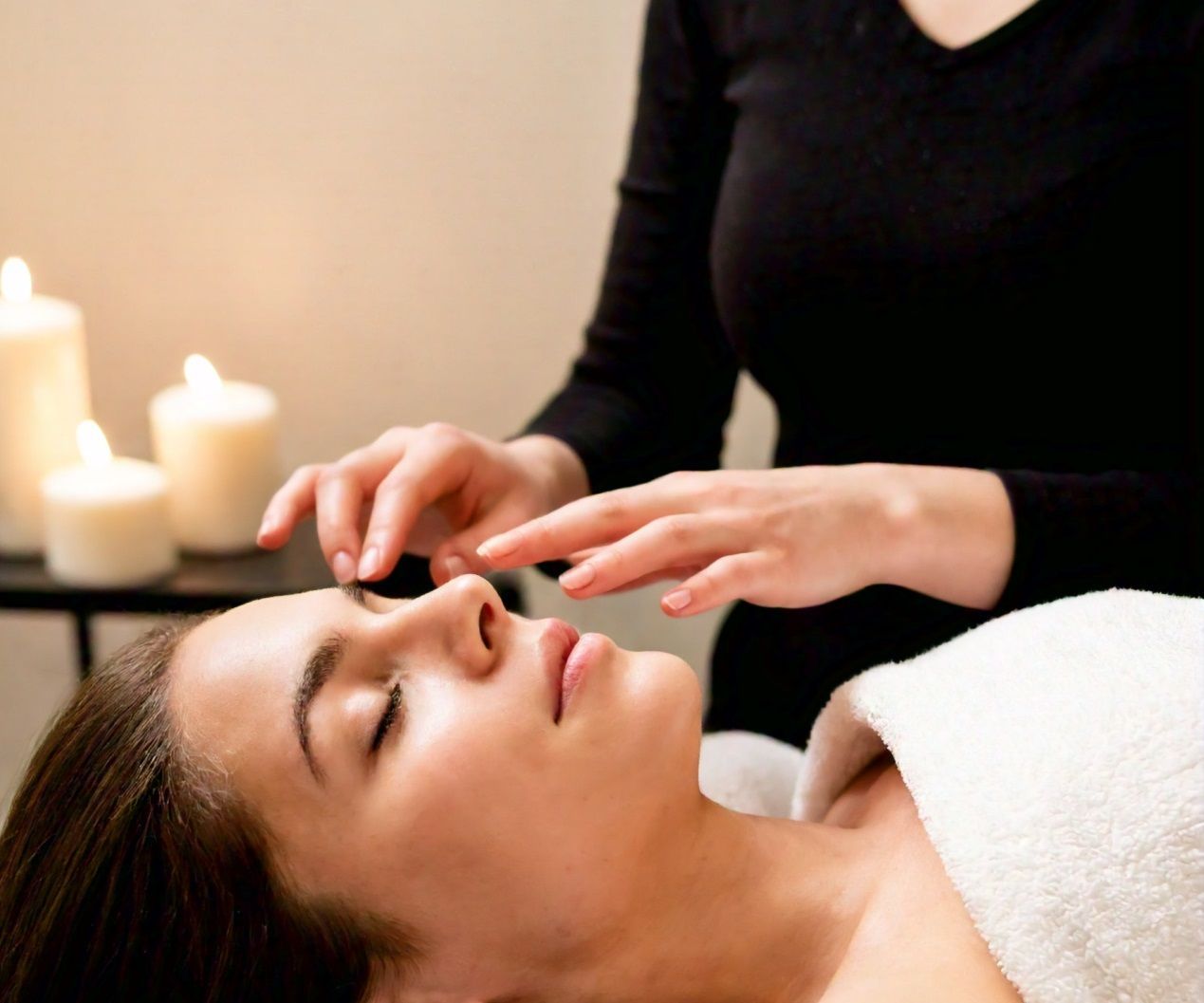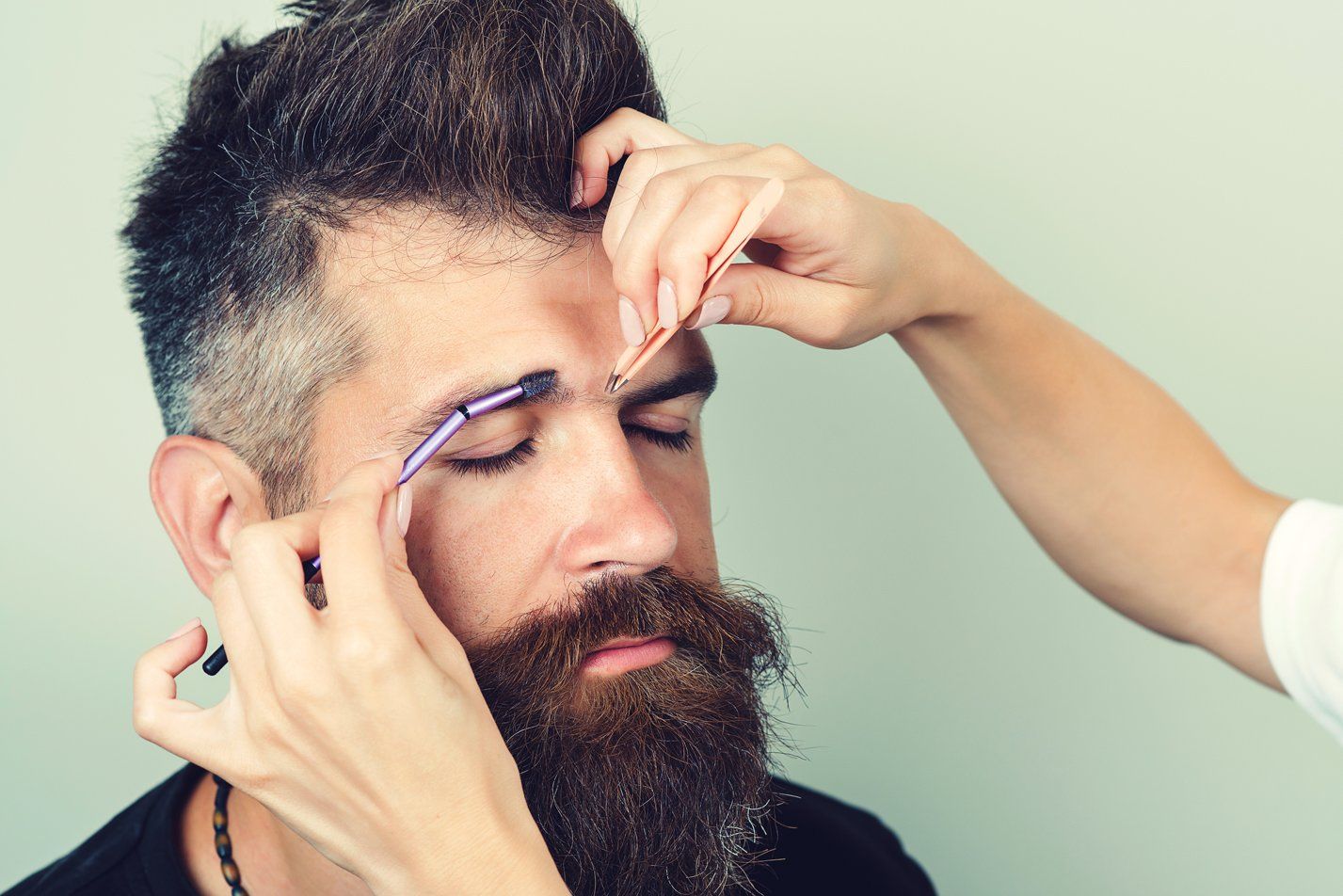How Hormonal Changes Affect Waxing Results
How Hormonal Changes Affect Waxing Results

Hormonal fluctuations are a natural part of life, but they can often bring surprising changes to our hair growth and skin sensitivity. At Phoenix Eco Spa, we understand how these shifts can influence the results of your waxing treatments. With the right care and a personalised approach, we help you navigate these changes for consistently smooth, radiant skin.
The Connection Between Hormones and Hair Growth
Hormones control the growth, thickness, and texture of hair, so it’s no surprise that changes in hormone levels can impact your waxing experience. Here are some common scenarios where hormonal fluctuations play a role:
1. Menstrual Cycle
Throughout your menstrual cycle, hormone levels shift, and these changes can influence both your hair growth and skin sensitivity. During certain phases, you might notice faster hair growth or find that your skin is more tender.
Tip: Aim to schedule waxing appointments during the middle of your cycle when your skin may be less sensitive and more receptive to treatments.
2. Pregnancy
Pregnancy often leads to unexpected changes in hair growth due to a surge in hormones. You might find thicker or darker hair appearing in areas where it wasn’t noticeable before. While waxing remains a safe option, heightened sensitivity is common.
Tip: Let our therapists know if you’re pregnant so we can adjust the treatment for your comfort.
3. Hormonal Imbalances
Conditions like polycystic ovary syndrome (PCOS) or thyroid disorders can cause excessive hair growth or changes in texture. While waxing offers an effective solution, results might vary depending on the severity of hormonal imbalances.
Tip: Regular appointments can help manage these changes and minimise regrowth over time.
4. Menopause
During menopause, declining oestrogen levels can lead to changes in hair growth patterns and skin texture. Some areas may see less growth, while others might experience an increase. Additionally, the skin may become thinner and more prone to irritation.
Tip: Opt for natural waxes like those we use at Phoenix Eco Spa to minimise irritation and protect sensitive skin.
How Hormonal Changes Affect Waxing Results
Hair Growth Cycles
Hormonal fluctuations can alter the speed and density of hair growth. As a result, waxing results might not last as long during periods of increased hair growth or texture changes.
Skin Sensitivity
Heightened sensitivity due to hormonal changes can make waxing more uncomfortable and increase the likelihood of redness or irritation post-treatment.
Treatment Effectiveness
Hair that grows thicker or faster during hormonal changes may require more frequent waxing appointments to achieve the same level of smoothness.
How to Make the Most of Your Waxing Sessions
At Phoenix Eco Spa, we tailor our waxing treatments to accommodate your unique needs, including any hormonal changes you’re experiencing. Here’s how you can optimise your results:
- Communicate with Your Therapist: Share details about any hormonal changes so we can adapt your treatment accordingly.
- Stay Consistent: Regular waxing reduces hair density and growth over time, making it easier to manage fluctuations.
- Pair Waxing with Other Services: Enhance your self-care routine by combining waxing with a relaxing Massage & Holistic therapy session or a rejuvenating Eye Treatment.
Why Choose Phoenix Eco Spa for Waxing?
At Phoenix Eco Spa, we prioritise your comfort and satisfaction with every treatment. Using high-quality natural waxes and expert techniques, we deliver smooth, long-lasting results tailored to your skin and hair type. Our commitment to personalised care extends to our full range of services, from Manicures to Pedicures.
Explore our
contact page to book your next waxing appointment and enjoy the confidence that comes with beautifully smooth skin, no matter what hormonal changes life brings.










